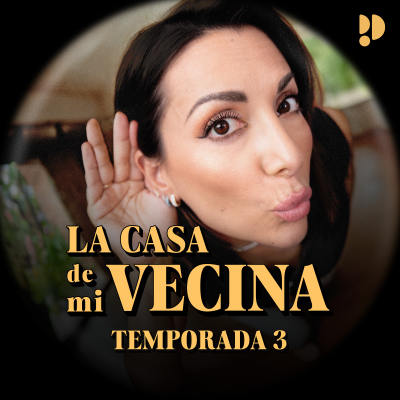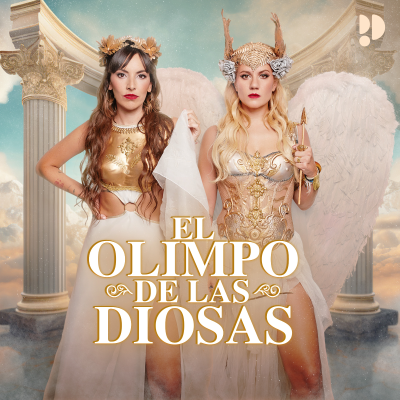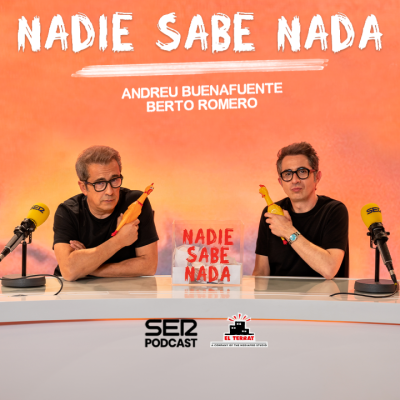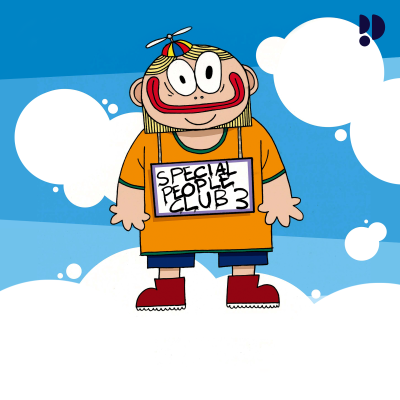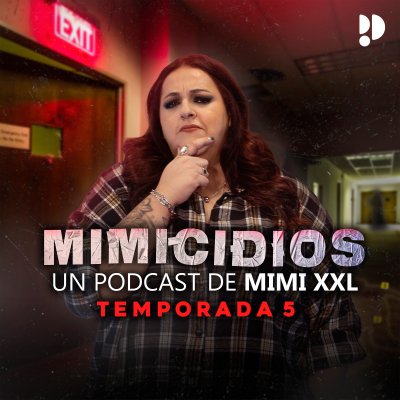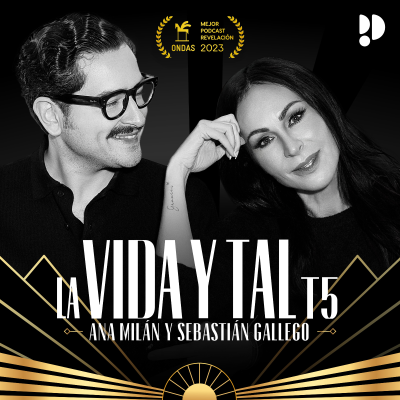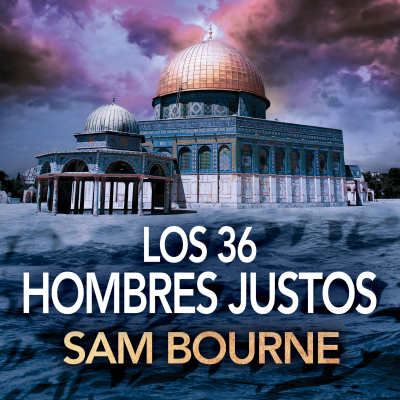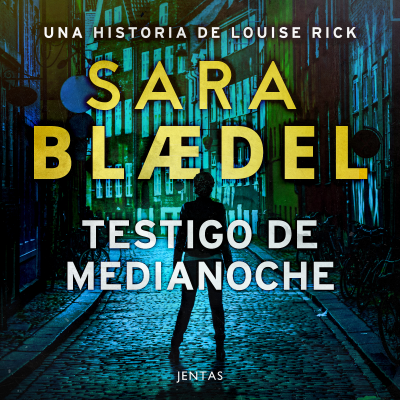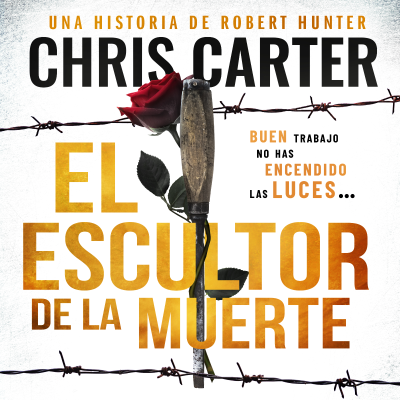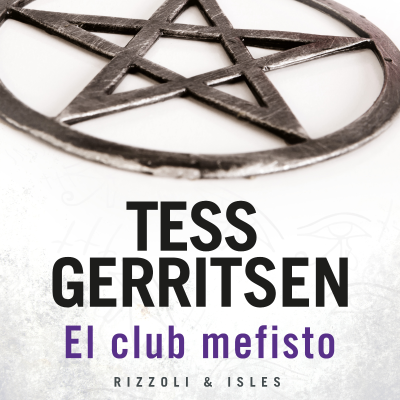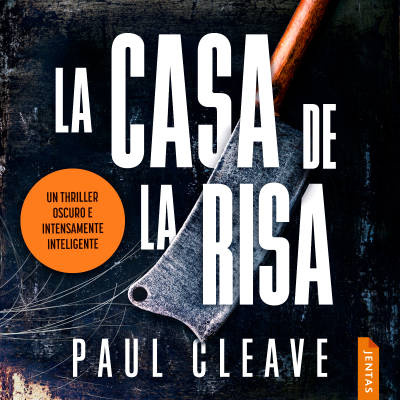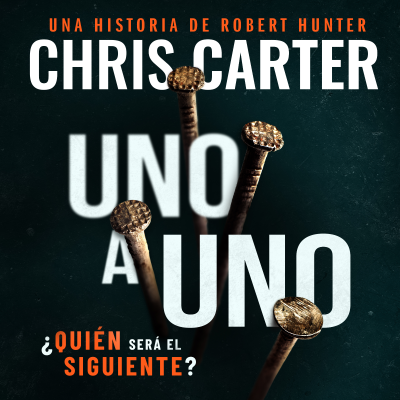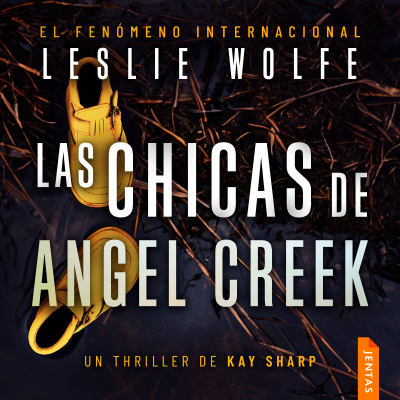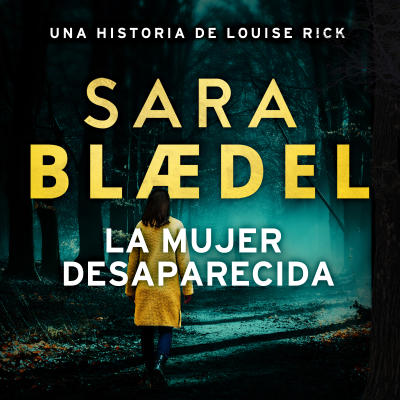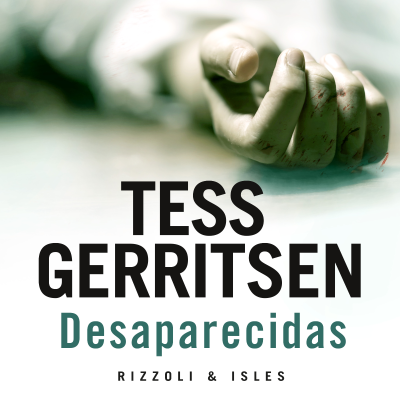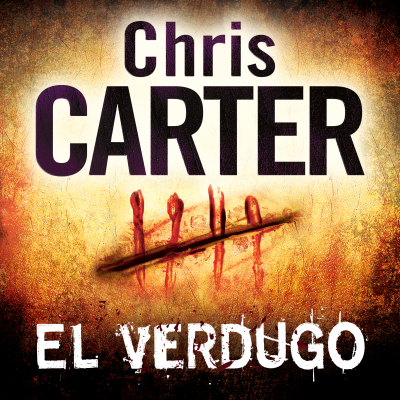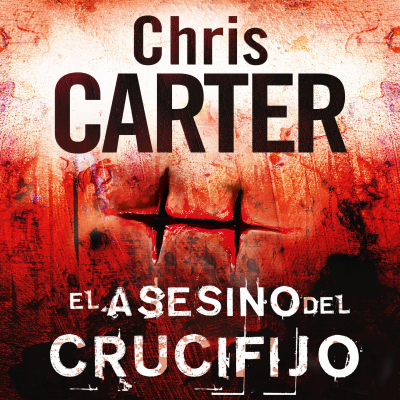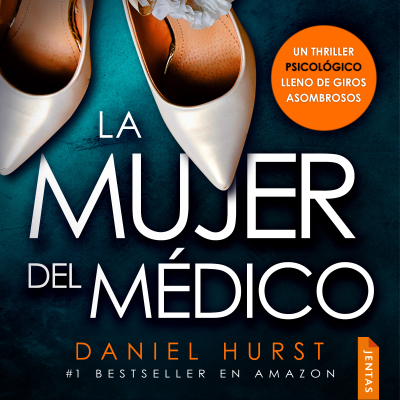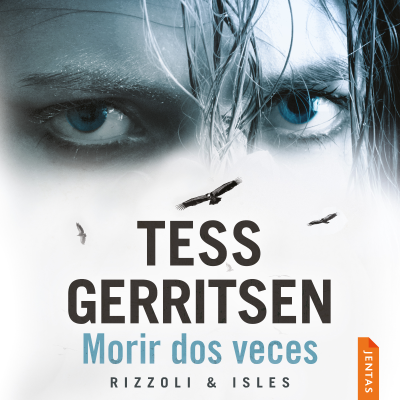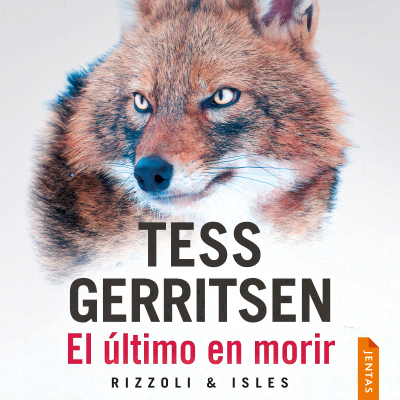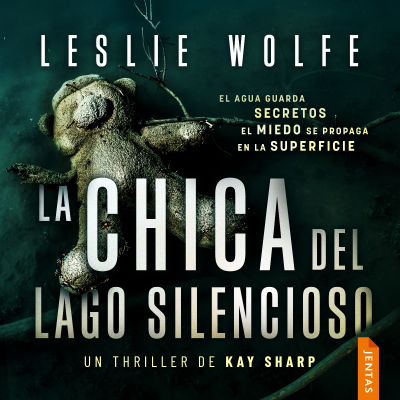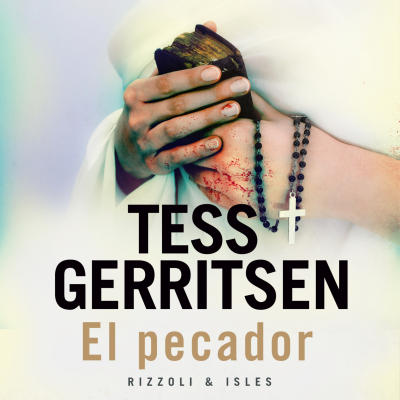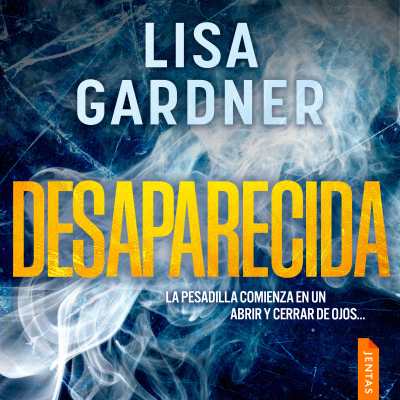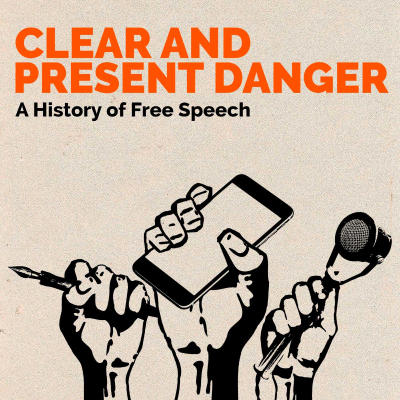
Clear and Present Danger - A history of free speech
Podcast de Jacob Mchangama
Why have kings, emperors, and governments killed and imprisoned people to shut them up? And why have countless people risked death and imprisonment to express their beliefs? Jacob Mchangama guides you through the history of free speech from the trial of Socrates to the Great Firewall. Stay up to date with Clear and Present Danger on the show’s website at freespeechhistory.com
Disfruta 90 días gratis
9,99 € / mes después de la prueba.Cancela cuando quieras.
Todos los episodios
47 episodiosIn May 2020, protests erupted all over the U.S. after a video emerged of a white police officer killing a black man named George Floyd. Millions took to the streets in support of racial justice under the rallying cry “Black Lives Matter.” Most protests were peaceful, but several cities experienced large-scale violence. Free speech was also affected in the process. A disturbing number of incidents of police brutality and excessive force against peaceful protesters and journalists were documented. President Trump accused a Black Lives Matter leader of “treason, sedition, insurrection” and labelled protestors as “terrorists.” But demands for structural change also led to calls for de-platforming people whose views were deemed hostile to or even insufficiently supportive of racial justice. A Democratic data analyst named David Shor was fired [https://www.theatlantic.com/ideas/archive/2020/06/stop-firing-innocent/613615/] after tweeting a study that showed that nonviolent black-led protests were more effective than violent ones in terms of securing voter support. In another instance, New York Times staffers protested that the newspaper put “Black @NYTimes staff in danger” by running a provocative op-ed [https://www.nytimes.com/2020/06/03/opinion/tom-cotton-protests-military.html] by Republican Senator Tom Cotton, which argued for deploying the military to quell riots. The newsroom revolt led to opinion editor James Bennet resigning. Academia was affected too. A letter [https://docs.google.com/forms/d/e/1FAIpQLSfPmfeDKBi25_7rUTKkhZ3cyMICQicp05ReVaeBpEdYUCkyIA/viewform] signed by hundreds of Princeton faculty members, employees and students demanded a faculty committee be established to “oversee the investigation and discipline of racist behaviors, incidents, research, and publication” and write “Guidelines on what counts as racist.” Social media companies came under intense pressure [https://apnews.com/6d0b3359ee5379bd5624c9f1024a0eaf] to take a more robust stand on “hate speech.” The entrenchment of so-called “cancel culture” caused around 150, mostly liberal, writers and intellectuals to sign an open “Letter on Justice and Open Debate [https://harpers.org/a-letter-on-justice-and-open-debate/].” The letter argued against what the signers saw as “intolerance of opposing views, a vogue for public shaming and ostracism, and the tendency to dissolve complex policy issues in a blinding moral certainty.” The letter drew sharp criticism from many journalists, writers and intellectuals for being “tone-deaf,” “privileged,” “elitist” and detracting from or even hurting the struggle for racial justice. The wider debate often turned nasty — especially on social media — with loud voices on each side engaging in alarmist, bad faith arguments ascribing the worst intentions to their opponents. Many of those concerned about free speech warned of creeping totalitarianism imposed by “social justice warriors” run amok, intent on imposing a stifling orthodoxy of “wokeism.” Some confused vehement criticism of a person’s ideas with attempts to stifle that person’s speech. On the other hand, some racial justice activists outright denied the existence of “cancel culture” and failed to distinguish between vehement criticism of a person’s ideas and calling for that person to be sanctioned by an employer, publisher or university. Some even accused free speech defenders of being complicit in or actual defenders of white supremacy and compared words deemed racially insensitive with violence. Underlying these debates is a more fundamental question. Is a robust and principled approach to free speech a foundation for — or a threat to — racial justice? To help shed light on this question, this episode will focus on what role the dynamic between censorship and free speech has played in maintaining and challenging racist and oppressive societies. The episode will use American slavery and segregation, British colonialism, and South African apartheid as case studies. In this episode we will explore: * How Southern legislators and congressmen adopted some of the most draconian restrictions of free speech in American history, while Southern mobs enforced a “slaver’s veto” to curb abolitionist speech and ideas; * How Southern demands that the Federal government and Northern states actively police abolitionist ideas kicked off a debate over first principles and the role of free speech in America; * How Southern “cancel culture” purged a professor critical of slavery from the University of North Carolina; * How women played a critical role in mobilizing opinion against slavery and defying the slaver’s veto; * Why Frederick Douglass believed that “The right of speech is a very precious one, especially to the oppressed;” * How the First Amendment did little to end the discrimination and oppression of African-Americans immediately after the abolishment of slavery; * How the civil rights movement and its civil libertarian allies advanced group rights of discriminated minorities through the dramatic expansion of constitutionally protected individual rights, not least First Amendment freedoms; * Why recently deceased congressman John Lewis believed that “Without freedom of speech and the right to dissent, the Civil Rights movement would have been a bird without wings;” * How the British used laws against sedition and hate speech to target anti-colonial movements and silence dissidents like Mahatma Gandhi; * How Mahatma Gandhi viewed the freedoms of speech and association as “the two lungs that are absolutely necessary for a man to breathe the oxygen of liberty;” * How censorship and suppression was a key component of South African apartheid, which punished expressions “hateful against the white man” and kept an index of prohibited books to silence anti-apartheid activists; * How Nelson Mandela only abandoned peaceful resistance when the regime had shut down all lawful modes of expressing opposition to white supremacy; * Why Mandela believed that free speech should constitute a core value of South African democracy and that “No single person, no body of opinion, no political or religious doctrine, no political party or government can claim to have a monopoly on truth.” Why have kings, emperors, and governments killed and imprisoned people to shut them up? And why have countless people risked death and imprisonment to express their beliefs? Jacob Mchangama guides you through the history of free speech from the trial of Socrates to the Great Firewall. You can subscribe and listen to Clear and Present Danger onApple Podcasts [https://itunes.apple.com/podcast/clear-and-present-danger-a-history-of-free-speech/id1335666976?l=da&mt=2],Google Play [https://play.google.com/music/listen#/ps/Ie4lk5tevnc5b5whwys4s436pvy],YouTube [https://www.youtube.com/channel/UCdl1Iu0849d4UXQJvg8ondg],TuneIn [https://tunein.com/radio/Clear-and-Present-Danger---A-history-of-free-speech-p1091737/], andStitcher [https://www.stitcher.com/podcast/jacob-mchangama/clear-and-present-danger-a-history-of-free-speech], or download episodes directly fromSoundCloud [https://soundcloud.com/user-859605085]. Stay up to date with Clear and Present Danger on the show’sFacebook [http://www.facebook.com/freespeechhistory]andTwitter [https://twitter.com/capd_freespeech]pages, or visit the podcast’s website atfreespeechhistory.com [http://www.freespeechhistory.com/]. Email us feedback at freespeechhistory@gmail.com.
In this Special Edition, we will zoom in on current challenges to free speech – specifically in the US. With me to discuss this timely subject, I have CEO of PEN America, Suzanne Nossel, who has just published her new book Dare to Speak: Defending Free Speech for All. The conversation evolves the main conclusions of Suzanne's book including matters such as: * How Suzanne´s fight against an international blasphemy law at the UN inspired her to write the book * How Suzanne's 20 principles for free speech aims to provide a toolset needed to speak one's mind in today's diverse, digitized, and highly-divided society without resorting to curbs on free expression * How we deal with hate speech without sacrificing free speech * What we can do to avoid harm when speaking * How so-called cancel culture has migrated from campus to elite media, corporate and cultural institutions * How to balance social media platforms right to control public discourse and the snowballing societal consensus that media platforms need to do more to mitigate the harms of content posted on their services. Suzanne Nossel is the CEO of PEN America. She has also served as the Chief Operating Officer of Human Rights Watch and as Executive Director of Amnesty International USA; and held senior State Department positions in the Clinton and Obama administrations. Why have kings, emperors, and governments killed and imprisoned people to shut them up? And why have countless people risked death and imprisonment to express their beliefs? Jacob Mchangama guides you through the history of free speech from the trial of Socrates to the Great Firewall. You can subscribe and listen to Clear and Present Danger onApple Podcasts [https://itunes.apple.com/podcast/clear-and-present-danger-a-history-of-free-speech/id1335666976?l=da&mt=2],Google Play [https://play.google.com/music/listen#/ps/Ie4lk5tevnc5b5whwys4s436pvy],YouTube [https://www.youtube.com/channel/UCdl1Iu0849d4UXQJvg8ondg],TuneIn [https://tunein.com/radio/Clear-and-Present-Danger---A-history-of-free-speech-p1091737/], andStitcher [https://www.stitcher.com/podcast/jacob-mchangama/clear-and-present-danger-a-history-of-free-speech], or download episodes directly fromSoundCloud [https://soundcloud.com/user-859605085]. Stay up to date with Clear and Present Danger on the show’sFacebook [http://www.facebook.com/freespeechhistory]andTwitter [https://twitter.com/capd_freespeech]pages, or visit the podcast’s website atfreespeechhistory.com [http://www.freespeechhistory.com/]. Email us feedback at freespeechhistory@gmail.com.
“Internet Speech Will Never Go Back to Normal,” declared the headline of a recent Atlantic article [https://www.theatlantic.com/ideas/archive/2020/04/what-covid-revealed-about-internet/610549/] by law professors Jack Goldsmith and Andrew Keane Woods. The piece argues that the U.S. must learn from China in regulating the internet. “[S]ignificant monitoring and speech control are inevitable components of a mature and flourishing internet,” the authors write, “and governments must play a large role in these practices to ensure that the internet is compatible with a society’s norms and values.” But is this conclusion the only one available from the fallout of the coronavirus crisis? Or are there other ways to ensure a mature and flourishing internet in which free speech and public health can coexist? And could Facebook’s new Oversight Board [https://about.fb.com/news/2020/01/facebooks-oversight-board/] be one of the answers? Here to discuss the issue are two of the biggest experts on the subject of internet law and platform regulation: Daphne Keller [https://fsi.stanford.edu/people/daphne-keller], Platform Regulation Director at the Stanford Cyber Policy Center (formerly an Associate General Counsel at Google); and Kate Klonick [https://www.stjohns.edu/law/faculty/kate-klonick], assistant professor at St. John’s University teaching internet law and information privacy, and a fellow at Yale Law School’s Information Society Project. In this episode we discuss: * Whether social media platforms like Facebook, Twitter, and YouTube have been paragons of responsibility or the lapdogs of censorious governments, when it comes to content moderation? * If the current crisis justifies lowering the threshold for when content is deemed “harmful” or if we should be even more vigilant about what stays online? * Are there specific problems in the policies and guidelines laid out by health authorities like WHO and CDC, which have changed their position on issues like facemasks and included inaccurate information about the nature of COVID-19? * What is the impact and outcome of automated content moderation based on the performance during the pandemic? * Whether democracies — particularly European ones — have weakened online freedom by choosing to respond to legitimate concerns about hate speech, disinformation, and terrorist content with illiberal laws? Show notes: Jack Goldsmith and Andrew Keane Woods in The Atlantic: “Internet Speech Will Never Go Back to Normal [https://www.theatlantic.com/ideas/archive/2020/04/what-covid-revealed-about-internet/610549/]” Samuel Walker: “Hate Speech: The History of an American Controversy [https://www.publishersweekly.com/978-0-8032-4763-5]” Daphne Keller’s Hoover Institution essay: “Who Do You Sue? [https://www.hoover.org/research/who-do-you-sue]” Why have kings, emperors, and governments killed and imprisoned people to shut them up? And why have countless people risked death and imprisonment to express their beliefs? Jacob Mchangama guides you through the history of free speech from the trial of Socrates to the Great Firewall. You can subscribe and listen to Clear and Present Danger on Apple Podcasts, Google Play, YouTube, TuneIn, and Stitcher, or download episodes directly from SoundCloud. Stay up to date with Clear and Present Danger on the show’s Facebook and Twitter pages, or visit the podcast’s website at freespeechhistory.com. Email us feedback at freespeechhistory@gmail.com [freespeechhistory@gmail.com].
Since the coronavirus became a pandemic, governments around the world have adopted a wide range of measures affecting basic human rights. This includes many of the 47 member states of the Council of Europe all of whom are legally bound by the European Convention on Human Rights. Most states have limited the freedoms of assembly and movement, some have also limited privacy and data protection and then there are some who have restricted freedom of expression through laws or policies banning false information. To discuss the implications for freedom of expression is none other than the Council of Europe Commissioner for Human Rights, Dunja Mijatović, who previously served as the OSCE Representative on Freedom of the Media. In a statement on April 3rd, Dunja Mijatović wrote: “The global health problems caused by COVID-19 require effective measures to protect people’s health and lives. This includes combating disinformation that may cause panic and social unrest. Regrettably some governments are using this imperative as a pretext to introduce disproportionate restrictions to press freedom; this is a counterproductive approach that must stop. Particularly in times of crisis, we need to protect our precious liberties and rights." In this conversation we discuss: * The measures countries like Hungary, Romania, Russia and Azerbaijan, that typically target false information, have taken during the crisis. * How bad the situation has become for free expression in Europe because of corona-related restrictions. * Which types of restrictions that are particularly worrying and which countries that are of specific concern. * If combating misinformation is vital during this crisis, why is it a problem if states adopt exceptional measures? Article 10 paragraph 2 of the European Convention on Human Rights allows governments to interfere with free expression for the purpose of “public safety” and the “protection of health.” * According to case law of the European Court of Human Rights, the member states have a certain margin of appreciation when it comes to finding the right balance between convention rights (free speech) and competing interests (such as health and public safety). On the one hand the threat from Covid-19 give states a wide margin on appreciation, but on the other hand one could argue that access to information and scrutiny and debate of emergency measures is just as important. * What types of measures that would be consistent with freedom of expression. Would it be legitimate to ban or remove statements that contradicted health advice by WHO or the national health authorities? * Should journalists and media have more freedom than ordinary citizens expressing themselves on social media, blogs and so on. Full Text of the April 3rd statement [https://www.coe.int/en/web/moscow/-/statement-by-the-council-of-europe-commissioner-for-human-rights-dunja-mijatovic] Home page for Dunja Mijatović [https://www.coe.int/en/web/commissioner/the-commissioner]
The coronavirus has disrupted life as we know it. Billions of people across the world are caught in varying degrees of lockdowns with severe restrictions on their freedom of movement. But while our physical world has shrunk, cyberspace remains wide open. And there is no shortage of information as the internet overflows with torrents of data, news, and updates about the ongoing crisis. But in parallel with the COVID-19 pandemic, the World Health Organization has warned of an “infodemic [https://urldefense.proofpoint.com/v2/url?u=https-3A__www.who.int_docs_default-2Dsource_coronaviruse_situation-2Dreports_20200202-2Dsitrep-2D13-2Dncov-2Dv3.pdf-3Fsfvrsn-3D195f4010-5F6&d=DwMGaQ&c=5VD0RTtNlTh3ycd41b3MUw&r=Jm46SlsmdtAHzT-XvgBjdQ&m=Qr6bnrToF3RHOuQb8VvSaMr0XvjiRmFKST949_xdsfk&s=JV3OqGy8Hk-G8jKOCKymziWiPrIxKI5iSMHCE2RmYWk&e=]” of mis- and disinformation spreading through social media and messaging apps. Policymakers at social media platforms are acting like gatekeepers, deciding what content is sufficiently healthy for their users around the world to consume. These decisions have real consequences for the practical exercise of freedom of speech and access to information for billions of people. With me to discuss how Facebook is navigating this unprecedented situation is Monika Bickert, who is the Head of Global Policy Management at Facebook with responsibility for content moderation. In this conversation we discuss: * What policies Facebook has put in place to counter disinformation on its platforms; * How much content has been downgraded and removed due to disinformation; compared to the period before COVID-19; * How Facebook interprets the risk of “imminent physical harm” amidst a pandemic; * How the shutdown has led to a sharp decrease of available content moderators and a reliance on automated content moderation to flag misinformation; * Why Facebook has removed Brazilian President Jair Bolsonaro’s comments about the supposed effects of the drug hydroxychloroquine, but not President Trump’s comments about the same drug; * The pros and cons of relying on the guidelines of health authorities like the Centers for Disease Control and Prevention and WHO to determine what constitutes misinformation even though these authorities have revised statements on issues such as the use of face masks (CDC) and the potential for human-to-human transmission (WHO); * How Facebook uses a network fact-checkers to rate the truthfulness of stories, but who is fact-checking the fact-checkers?
Disfruta 90 días gratis
9,99 € / mes después de la prueba.Cancela cuando quieras.
Podcasts exclusivos
Sin anuncios
Podcast gratuitos
Audiolibros
100 horas / mes
